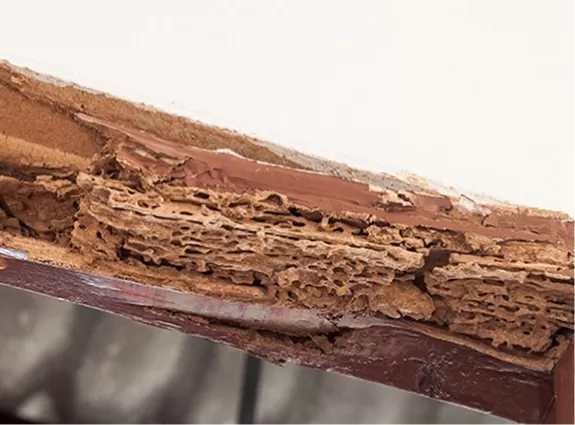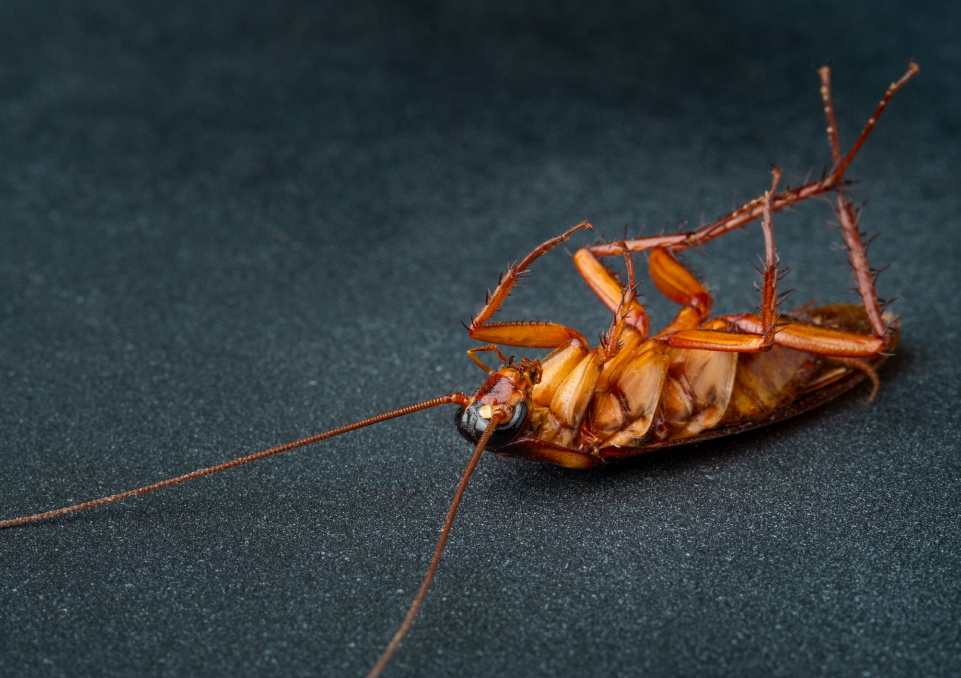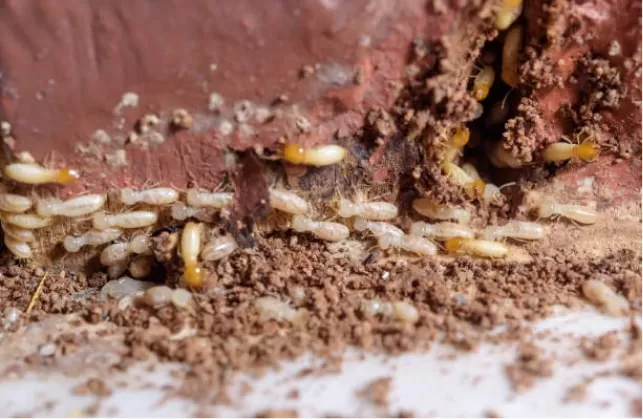According to various sources, bed bugs are small, reddish-brown insects that feed on the blood of humans and other warm-blooded animals. While bed bug infestations are a common problem, there are still many myths and misconceptions about bed bugs that can cause unnecessary panic and stress. So, it’s time to sieve the truths from the many falsehoods. For a start, here are some of the most common bed bug myths that you should not believe.
Debunking Bed Bug Myths
Bed bugs are Only Found on Beds
The question of whether bed bugs are found only on beds is a common one, especially for people who are concerned about a possible infestation. The answer is no, bed bugs can live and hide in many other places besides beds. They can survive for several months without a meal and are very good at hiding in cracks and crevices of furniture, walls, floors, and textiles.
Some of the places where bed bugs can be found include sofas, chairs, dressers, curtains, outlets, wallpaper, and picture frames. They can even infest your workplace. Bed bugs are not known to transmit diseases, but they can cause allergic reactions or skin infections in some people who are bitten by them. Therefore, it is important to inspect your home regularly for signs of bed bugs and take appropriate measures to eliminate them if you find them.
Bed Bugs Only Infest Dirty or Cluttered Homes
This is false. Bed bugs can be found in any type of environment, from clean and tidy homes to dirty and cluttered ones. However, some factors may increase the risk of bed bug infestation, such as frequent travel, shared living spaces, and lack of proper pest control. Bed bugs are not a sign of poor hygiene or low social status, but they can cause physical and psychological distress to those who suffer from their bites. Therefore, it is important to know how to prevent, identify, and treat bed bug infestations in a timely and effective manner.
Bed Bugs Can Transmit Diseases
This is also false. Bed bugs are not known to carry or spread any infectious diseases to humans. However, their bites can cause itching, swelling, and allergic reactions in some people.
Bed bugs feed on human blood and can cause itchy bites and skin rashes. Many people wonder if bed bugs can transmit diseases to humans, such as hepatitis or HIV. The answer is no, according to the Centers for Disease Control and Prevention (CDC). There is no evidence that bed bugs can spread any infectious diseases through their bites or faeces. However, bed bug infestations can still have negative effects on people’s health and well-being. Some of these effects include:
- Allergic reactions to bed bug bites can range from mild to severe.
- Secondary skin infections from scratching the bites, such as impetigo, ecthyma, or cellulitis.
- Psychological distress, such as anxiety, insomnia, or depression.
- Reduced quality of life, due to the stress and stigma of having bed bugs.
Bed Bugs Can Fly or Jump
This is another false claim. One of the common questions that people have about bed bugs is whether they can fly or jump. The answer is no, bed bugs do not have wings and are not capable of flight. Unlike other wingless insects such as fleas, bed bugs also are not equipped to jump long distances. Bed bugs may move from host to host, but they do so by crawling. Bed bugs are insects that belong to the order Hemiptera, or true bugs. They have six legs, tarsal claws and tibial pads that enable them to climb and grip on various surfaces.
Bed bugs are also natural hitchhikers and can spread around the world by crawling into luggage, clothing and bags. Bed bugs crawl at a speed of 3 to 4 feet per minute, which is relatively slow compared to other insects. The best way to prevent bed bugs from spreading from room to room is to stay put in your bed and call an exterminator.
Bed Bugs Can Be Killed by Freezing or Heating Them
This is only partially true, and not very practical. Bed bugs can survive in temperatures as low as -18°C (0°F) and as high as 49°C (120°F) for short periods of time. However, to kill them effectively, you need to expose them to extreme temperatures.
According to various sources, bed bugs can survive cold temperatures for a long time, depending on the duration and intensity of the exposure. For example, some studies have shown that bed bugs can survive for up to 80 hours at -16°C, or for a week at -10°C. Moreover, freezing bed bugs may not be practical, as most household freezers do not reach the required temperature or maintain it consistently.
On the other hand, heat is more likely to kill bed bugs, as they cannot withstand temperatures above 45°C for more than a few minutes. Therefore, washing bedding and clothing at high temperatures, using steam cleaners or dryers, or hiring professional heat treatments may be more effective ways to eliminate bed bugs than freezing them.
Bed Bugs are Nocturnal and Only Bite at Night
This is mostly true, but not always. Bed bugs are more active at night when their hosts are sleeping, but they can also bite during the day if they are hungry or disturbed. They can also adapt their feeding cycle to match their host’s sleeping pattern.
Bed bugs prefer to feed during minimal host activity, when the person is sleeping, and they can sense the warmth and carbon dioxide from the breath. However, bed bugs are not strictly nocturnal in nature and they can also crawl onto you during the daytime if they are hungry or if there is no human host available for a while.
Bed bugs can also adapt to different light cycles and feeding patterns depending on the environment. Therefore, it is important to be aware of the signs of bed bug infestation, such as erythematous, pruritic papules on the skin, blood stains on the sheets, or faecal spots on the mattress. Bed bug bites can cause various health problems, such as skin rashes, psychological effects, and allergic symptoms.
Bed Bugs Can Live for a Year Without Food
One of the common myths about bed bugs is how long they can survive without food. According to some sources, bed bugs can live for up to a year without feeding, but this depends on several factors, such as temperature, humidity, and availability of alternative hosts. In general, bed bugs can endure anywhere from a couple of months to over a year without a blood meal. In moderate temperatures and high humidity, adults can survive for around three to five months, with nymphs managing even longer periods of fasting.
When human hosts are absent, bed bugs can resort to feeding on pests and other animals to sustain themselves. However, bed bugs prefer human blood and will seek out new hosts if they have the opportunity. Therefore, it is important to prevent and eliminate bed bug infestations as soon as possible.
Final Thoughts
Now that you know what’s true and what’s not about bed bugs, you should be more ready and able to take action to prevent them from causing you any problems. While there are many preventive and remedial actions you can take on your own, seeking advice and assistance from a professional pest exterminator may still be the best way to make sure you get rid of those bugs that are bothering you!







